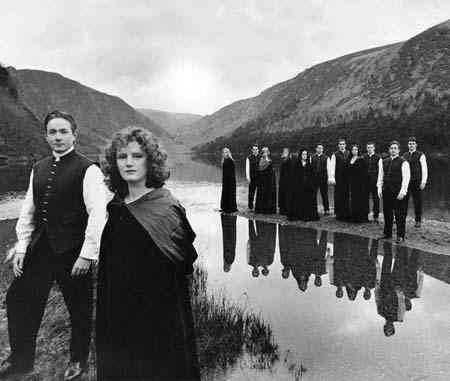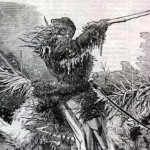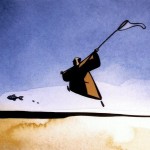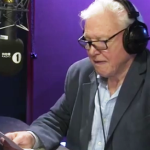My youth is full of musical memories, ranging from Sunday afternoon brushes with my father’s classical record collection to my uncle’s frequent performances of Simon and Garfunkel classics in our family library. But to this day, one of the strongest (and most beloved) remains our weekly tidying of the house to the upbeat stylins’ of “The Best of the Bothy Band.”
For someone blessed with a boundless supply of youthful energy, the most frequently played track was (unsurprisingly) the jig-and-reel set, “Leitrim Fancy/Round The World For The Sport/Rip The Calico/Martin Wynne’s/The Enchanted Lady/The Holy Land.” But the most fascinating cut was always “Fionnghuala” — a weird and wonderful example of “Puirt à beul (mouth music).” To this day, it remains one of the most peculiar (and magical) sounds I’ve heard, cropping up from time to time on my playlists and bringing me to a halt whenever it appears. Background music it most definitely is not; it craves (even demands) attention.
A few months ago, a quick YouTubin’ session that began with Julie Fowlis’ wonderful performance of “Touch the Sky” on the “Brave” soundtrack led me to this:
Yep. I still love it. And I defy anyone to listen to those hypnotic rhythms without at least a bit of toe-tapping.
This particular performance comes from the Irish vocal group Anúna, and features their founder (and frequent composer), Michael McGlynn. A LSU thesis on his works — Man, I love the Internet — says that “rhythm is an important component” of his work, and that ” development occurs primarily through repetition.” No wonder he’s drawn to “Fionnghuala.”
It was Chanticleer’s performance of his “Agnus Dei”, though — brought to my attention by a pair of tweets from Steven Greydanus — that served as the catalyst for today’s musical recollections. And I am glad for the reminder. (McGlynn’s website also discusses the imminent release of the world-premiere recording of his “Celtic Mass.” Color me intrigued.)
Just don’t get me started on Mongolian Throat Singing.

















